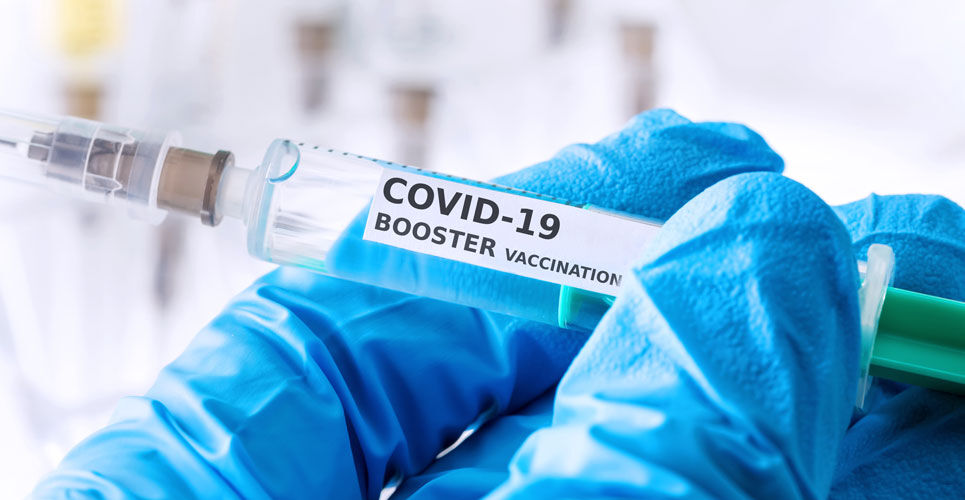While a fourth COVID-19 vaccination is more effective against infection than three doses, this effectiveness drops after only 10 weeks
A fourth COVID-19 vaccination dose provides better protection against infection than three doses but this protection quickly reduces over a 10 week period but still remains effective against severe disease. This was the conclusion of a retrospective analysis by Israeli researchers.
It has become well established that a third COVID-19 vaccination is more effective at protecting individuals against severe COVID-19-related outcomes in comparison to two doses. However, emerging evidence, particularly in the presence of COVID-19 variants such as Omicron, indicates that this additional level of protection reduces over time. For example, in one study, the effectiveness of a third COVID-19 vaccine, waned from 53.4% a month after vaccination to 16.5% three months later.
Given this evidence, countries are now planning to administer a fourth vaccine dose, although the impact of a fourth COVID-19 vaccination on breakthrough infections and protection against severe infection is largely unknown, particularly among older and more vulnerable patients.
As a result, the Israeli team set out to compare the relative effectiveness of four and three doses against infection and severe disease. They retrospectively analysed information held within a centralised healthcare national database and focused on patients over 60 years of age and examined a 10 week period between January to March 2022, starting 7 days after the date when the fourth COVID-19 vaccination could be administered to eligible patients. The main outcomes of interest were breakthrough infections, defined as occurring 7 or more days after vaccination and breakthrough infections that resulted in either hospitalisation or COVID-19-related death.
Fourth COVID-19 vaccination and breakthrough infections
A total of 97,499 individuals with a mean age of 70.8 years (45.3% male) were included, 69,623 of whom had received only three COVID-19 vaccinations.
The relative vaccine effectiveness of the fourth dose compared to the third dose peaked at 65.1% (95% CI 63 – 67.1%) three weeks after inoculation. However, this waned quickly, so that after 9 weeks, the effectiveness had reduced to 22% (95% CI 4.9 – 36.1%).
With respect to hospitalisation and deaths, the vaccine effectiveness peaked at 86.5% (95% CI 63.4 – 95%) 49 – 69 days after inoculation and was maintained over the 10 week period of analysis
The researchers concluded that a fourth vaccine dose offered a higher level of protection against infection than three doses but that this protect waned over the following10 weeks. Nonetheless, protection against more severe disease was sustained over this period.
Citation
Gaxit S et al. Short term, relative effectiveness of four doses versus three doses of BNT162b2 vaccine in people aged 60 years and older in Israel: retrospective, test negative, case-control study BMJ 2022

